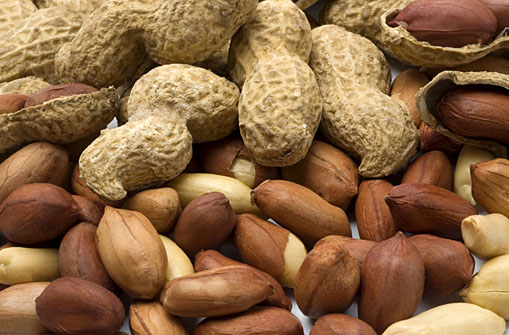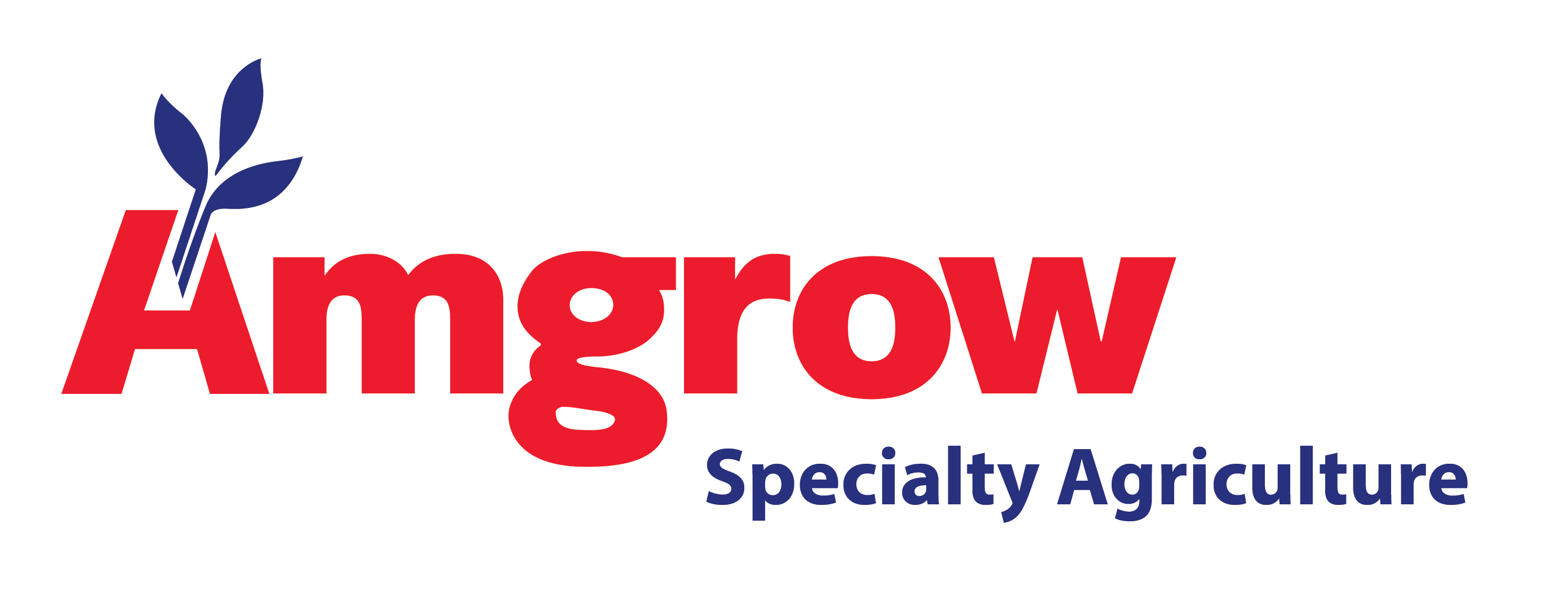
Peanut
Peanut, also known as groundnut (Arachis hypogaea), is a crop of global importance. It is widely grown in the tropics and subtropics, being important to both smallholder and large commercial producers. It is classified as both a grain legume, and, because of its high oil content, an oil crop. World annual production is about 46 million tonnes per year. Very unusually among crop plants, peanut pods develop under the ground.
As a legume, peanut belongs to the botanical family Fabaceae (also known as Leguminosae, and commonly known as the bean or pea family). Like most other legumes, peanuts harbor symbiotic nitrogen-fixing bacteria in root nodules. This capacity to fix nitrogen means peanuts require less nitrogen-containing fertilizer and improve soil fertility, making them valuable in crop rotations.
Peanuts are similar in taste and nutritional profile to tree nuts such as walnuts and almonds, and are often served in similar ways in Western cuisines. The botanical definition of a “nut” is a fruit whose ovary wall becomes very hard at maturity. Using this criterion, the peanut is not a nut, but rather a legume. However, for culinary purposes and in common English language usage, peanuts are usually referred to as nuts.
Suggested products for Peanut
Eraze 360 Bi-Aquatic Herbicide
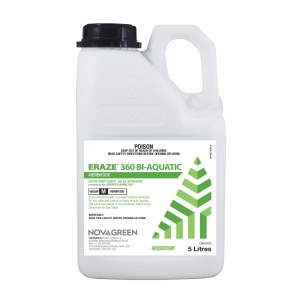
Eraze 360 Bi-Aquatic is a non-selective herbicide containing 360 g/L of the active ingredient glyphosate present in the form of an… Read More
Read moreKelpro Maxx
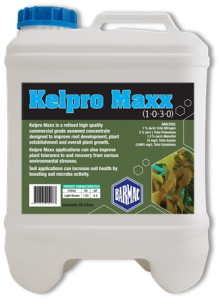
Kelpro Maxx is a new formulation which is a mixture of seaweed and auxinone. The product gives the benefits of two products… Read More
Read moreMancozeb DG
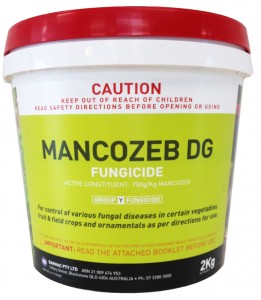
Mancozeb DG is a dry flowable preventative fungicide formulation for the control of certain fungal diseases in ornamentals and turf. Economical crop… Read More
Read moreNutrafeed Liquid Calcium Buddy
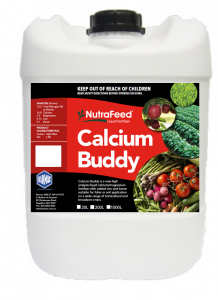
Nutrafeed Liquid Calcium Buddy is a new high analysis liquid calcium/magnesium fertiliser with added zinc and boron suitable for foliar or… Read More
Read moreNurture™ N 30-0-0
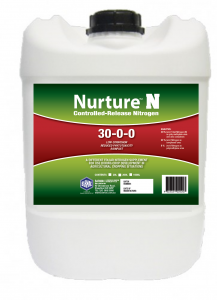
Nurture™ N 30-0-0 is a unique, controlled release liquid nitrogen foliar fertiliser designed for use in a wide range of agricultural/horticultural… Read More
Read more